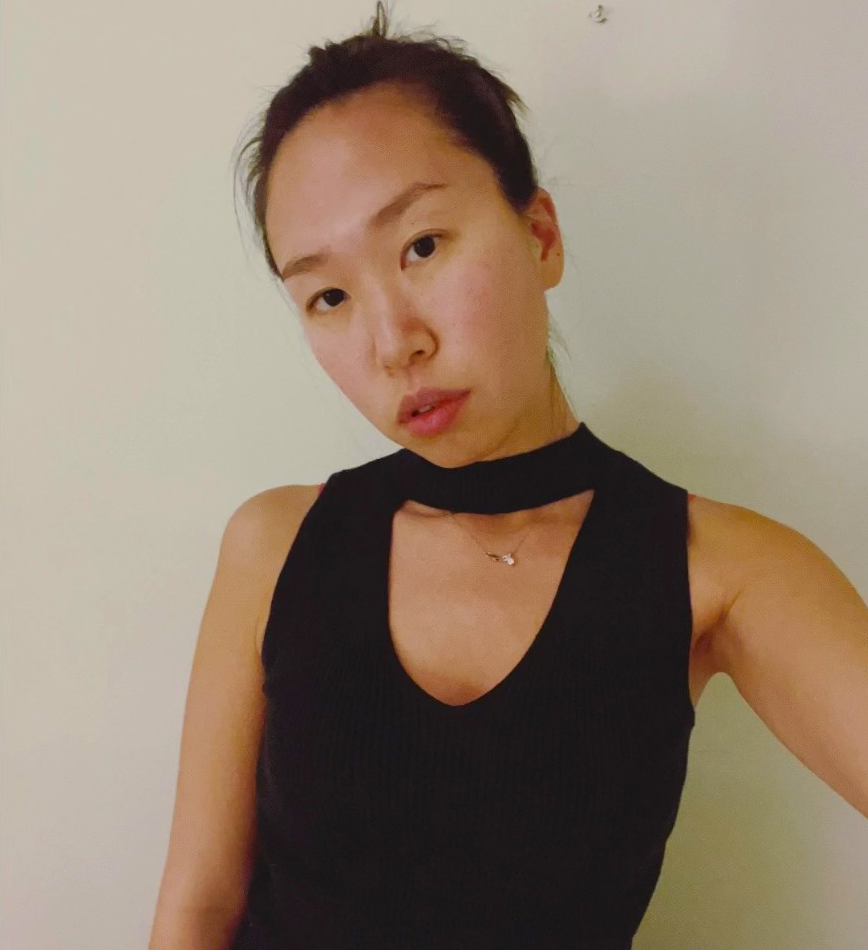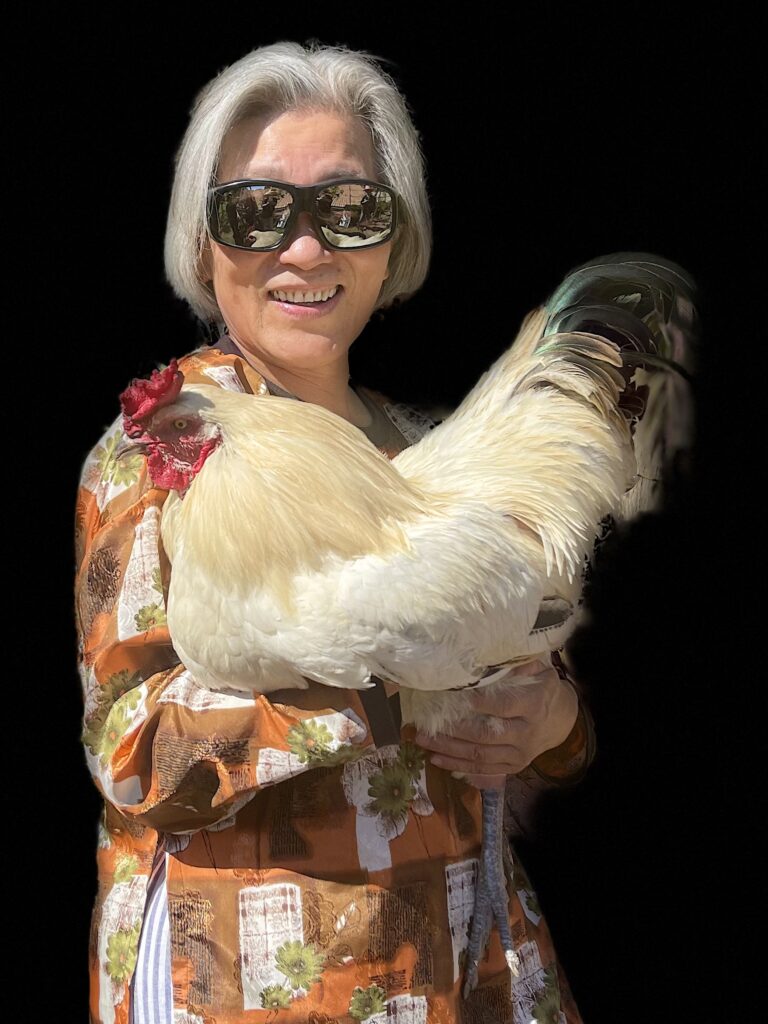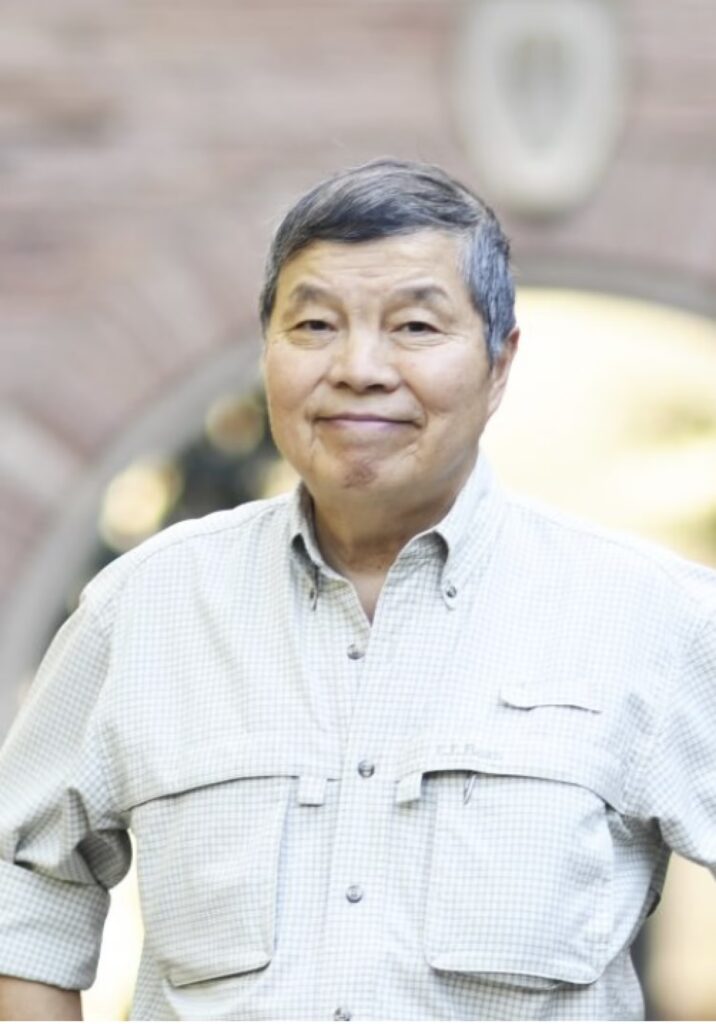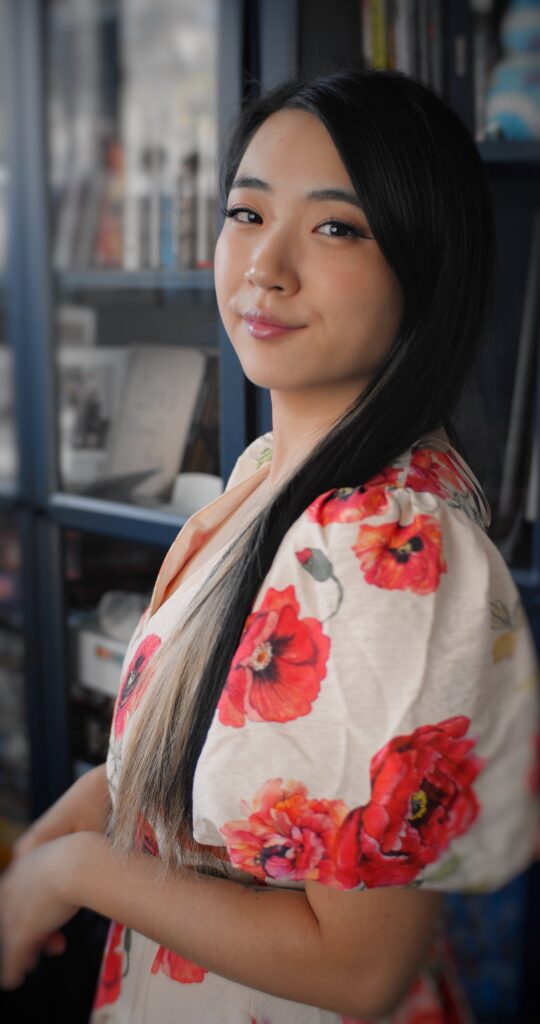“After School,” an exhibition of the work of Angela Chen, opening Saturday, August 9, 2025, 6pm, on view through September, 2025

Opening at Counterpath (7935 East 14th Ave. in Denver) on Saturday, August 9, 2025, at 6pm, and on view through September, Angela Chen’s exhibition “After School” brings together collage, sculpture, and new and historical photographs to unpack the culture of after-school tutoring centers in California.
The exhibit is based on Chen’s 2025 np: and Counterpath publication, After School. The August 9 opening will also feature a reading by Denver writer Jennifer Soong; Marie Chen, the artist’s mother and former Futurelink principal, who will activate the installation by performing a new dramatic monologue titled, “Wearing Many Hats”; CU Boulder historian William Wei, who will speak about the 1880 anti-Chinese riot in Denver; and Joie Ha from the Colorado Asian Pacific United (CAPU), who will speak briefly about CAPU initiatives. The opening is free and open to the public. Later gallery visits by appointment and please write to counterpath@gmail.com.
Known as bu xi ban in Chinese, hagwon in Korean, and juku in Japanese, after schools are referred to colloquially as “cram schools” and by scholars as “shadow education.” Operating simultaneously as spaces of community, care, and control, these schools can be demanding and factory-like; but they also deliver essential childcare services to busy parents, many of whom are new immigrants.
As a child and young adult, Chen attended and worked at Futurelink School (qian zhan xue yuan), a bu xi ban and her parents’ business. Located in the San Gabriel Valley, CA, Futurelink served hundreds of primarily East Asian students, providing them with homework help and supplemental English and math lessons. Inspired by Futurelink’s vast archive of photographs, workbooks, objects, and advertisements, Chen’s exhibition appropriates educational materials to subvert the everyday tools of discipline and assimilation, explore the role of education in Asian American enclaves, and challenge stereotypes about Asian American students. A series of new assemblages combines Futurelink photographs with photographs of California Chinese schools during the Chinese Exclusion era to reflect on the ongoing legacies of racism, segregation, and US immigration policy within the Asian American experience.
This project was made possible with the support of the Office of the Vice President for Research (OVPR) and the Stamps School of Art & Design at the University of Michigan. With additional thanks for computer loans from the Media Archaeology Lab at the University of Colorado, Boulder.

Angela Chen (she/her) is a Taiwanese-American photo-based artist, writer, and educator from the ethnoburbs of the San Gabriel Valley, California. Her work combines autobiographical texts, photographs, and archival documents to explore the immigrant experience, the process of assimilation, and how we develop a relationship to place. Angela is a graduate of the Yale School of Art, where she was an Alice Kimball Traveling Fellow and an Art and Social Justice Grantee. She is currently an Assistant Professor at the Stamps School of Art and Design at the University of Michigan. She taught previously at Rice University and New York University. angelachen.info (author photo: Lorena Molina)

Jennifer Soong’s recent books of poetry include My Earliest Person(The Last Books, 2025), Comeback Death(Krupskaya, 2024), and Suede Mantis / Soft Rage(Black Sun Lit, 2022). She is also the author of the critical monograph Slips of the Mind: Poetry as Forgetting(University of Chicago Press, 2025) and a number of essays, available at Critical Inquiry, Post45, Textual Practice, and Modernism/modernity, among others.

Marie Chen was born in Chiayi City, Taiwan, in 1957. She and her family moved to Los Angeles, California, in 1990. She graduated from Taiwan National Normal University and finished two years of graduate study at Chinese Culture University’s Drama/Theater Arts Department. She also has a master’s degree in Theater Arts and Dance from Cal State Los Angeles. From 1985-1990, she was a drama script writer for Taiwan Television Enterprise. Inc. She was the owner and director of Futurelink School, an afterschool program in Arcadia, California, from 1993 to 2017. She is working on a bilingual food memoir based on her childhood memories of growing up in Chiayi.

William Wei is a history professor at the University of Colorado Boulder and serves as the Colorado State Historian for 2024-2025. He received the Asian American Hero of Colorado Award from the Colorado Asian Culture and Education Network in 2022. His first book, Counter-Revolution in China: The Nationalists in Jiangxi during the Soviet Period (University of Michigan Press, 1985), won the University of Colorado’s Eugene M. Kayden Faculty Book Manuscript Prize. His book, Asians in Colorado: A History of Persecution and Perseverance in the Centennial State (University of Washington Press, 2016), was a finalist for the 2017 Colorado Authors’ League Award for General Non-Fiction and was listed as one of the “Fifty Books to Understand the West,” Colorado Sun, April 2021. He is currently working on a book-length study titled “Hong Kong Since the Handover: A History of Protests.”

As the daughter of refugees, Joie Ha (she/they) has always endeavored to do more good for more people. An activist, anthropologist, and artist, Joie Ha has over 15 years of experience in grassroots activism locally and globally. In her community, she serves as a Founder and the Executive Director of Colorado Asian Pacific United (CAPU), which has been the leading organization preserving and platforming Denver’s Historic Chinatown history among several other suppressed narratives from AANHPI communities. Under her leadership, CAPU is spearheading the effort to create the first and only Asian American, Native Hawaiian, and Pacific Islander culture, arts, and history museum in the Rocky Mountain Region.
